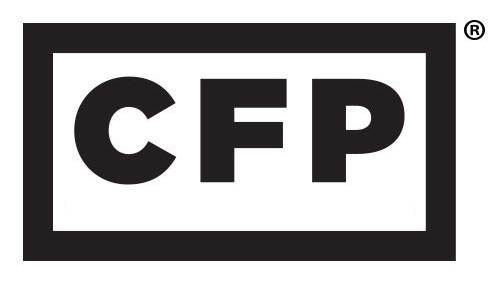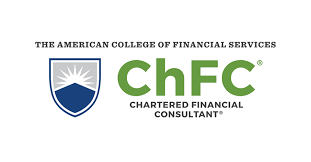
Free 15-Min Call with an Advisor (*Optional)

Free 15-Min Call with an Advisor (*Optional)




Continued Management and Coaching Services

James Dickson is dedicated to advising clients of Paul Winkler, Inc. He began his financial career interning with UBS PaineWebber in 2000. But the high-commission product mentality didn’t sit well, so he transitioned to a career in public education, teaching economics and personal finance, along with coaching high-school basketball. In 2016, James started with Paul Winkler, Inc. as a client and finally saw a way that he could help people reach their financial goals without pushing high-commission products. The coaching and academic approach also sat well with his background. Since making the career change, James has delighted in helping his clients understand and achieve their goals. James earned his bachelor’s in political science from Union University and his master’s in education from Tennessee State University. James passed the Series 65 exam—the NASAA Investment Advisers Law Examination. James is a CFP® practitioner, which involved completing coursework on over one hundred topics including stocks, bonds, taxes, insurance, retirement planning, and estate planning. James and his wife, Sunnie, have been married twenty years. They enjoy spending time with their two children and traveling to see new places.

The law requires a fiduciary advisor to act in the best interest of their clients.
This is not actually required of everyone who calls themselves a financial advisor. Most big financial firms are broker-dealers, and they are held to a “suitability” standard. This means the recommendations need only be “suitable,” but not necessarily in the best interest of the client.
Fee-only RIAs (Registered Investment Advisors)—like us at Paul Winkler, Inc.—are held to the highest fiduciary duty.
Working with an advisor held to the fiduciary standard is essential. It’s one of the keys to relaxing about money.
The more you make, the more we make. Under commissions, the return of the product doesn’t matter after the advisor makes the sale.

Advisors on commission get paid only if a product is sold. With fee-only, we don’t get paid differently based on different recommendations.
With ongoing investment management and a financial plan, you must continually review and update the plan as life situations change.


Believe it or not, financial planning degrees are not a requirement for financial advisors in the U.S.
You wouldn’t go to a doctor without an M.D. or a lawyer without a J.D., but many don’t realize they’re going to a financial advisor without a financial planning degree.
The CFP® and the ChFC® both have core curriculums that cover every major aspect of personal finance.
This knowledge allows an advisor to put a comprehensive plan together.
A financial plan should address every area of your finances because each area affects the others. Your estate plan affects the tax strategies you use, and your risk management affects the investment strategies, etc.
Financial planning areas should not be addressed in isolation.
So, you must work with someone who has knowledge and experience in each topic.
This knowledge also allows the advisor to be the quarterback of the financial team. With knowledge in every area of financial planning, they are able to put a comprehensive plan together and coordinate with other financial professionals.
A qualified advisor can work with CPAs, insurance agents, and attorneys to utilize their areas of specialization while also ensuring their recommendations meet the needs of the client.
Much financial planning today is narrowly focused on one area of the financial plan.
Insurance agents, for example, sometimes offer “financial planning” that involves buying one-size-fits-all life insurance products to meet all your financial needs. But that’s not the way financial planning should be.
Financial planning should be comprehensive, and should almost always include more than one recommendation and strategy.
A financial planning degree is essential for comprehensive planning, which is why we require all our advisors who meet with clients to have them.